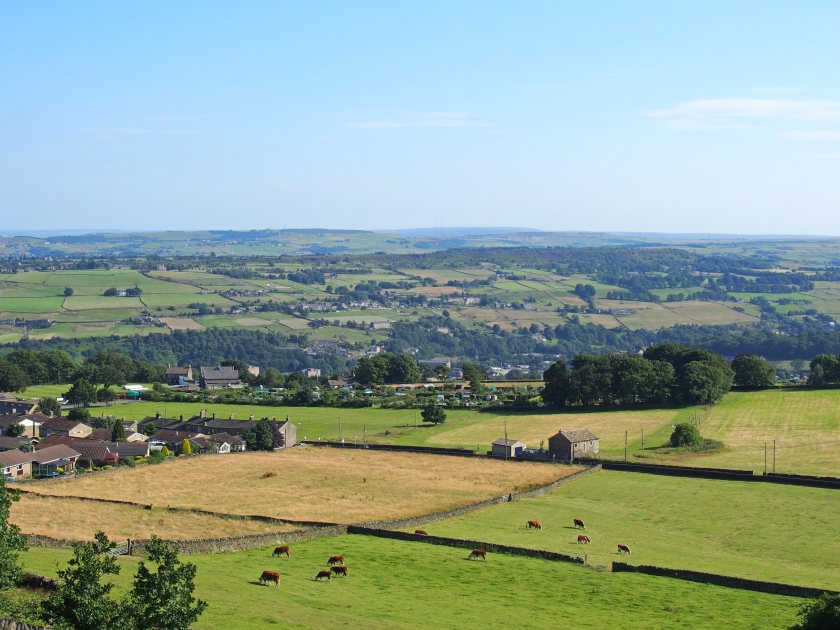
Rural England’s population of 9.7 million could be 'left further behind' after the next general election if inequalities continue to be ignored, campaigners have warned.
The Rural Coalition, an alliance of 13 organisations who champion rural issues, has set out an appeal for political parties to empower rural areas in election manifestos.
With the countryside a key battleground at the next general election, the coalition urges politicians to address the needs of rural businesses and ensure they are treated fairly with the rest of the country.
The coalition's new roadmap sets out policy principles to address the "structural inequalities and weaknesses" facing rural communities, farmers and rural firms.
Rural areas have long faced the challenges of failing infrastructure, poor connectivity and unfair funding systems that do not take proper account of the additional rural costs associated with delivering essential services, including healthcare.
Chair of the Rural Coalition, Margaret Clark said: “They should not be unfairly disadvantaged simply because of geography, but must have fair access to jobs, to housing and to basic services.
"Rural communities will play an important role in choosing who forms the next government. Addressing their needs and potential means a sea change in the way rural areas are perceived and treated.
"Achieving the economic and social growth envisaged will only prove possible with sustained effort across government to tackle the challenges of structural inequalities, fragile infrastructure and economic weaknesses which hold back rural areas.”
What is the coalition calling for?
The Rural Coalition is calling on the next government to implement the following policies:
• Produce a comprehensive rural strategy - create a cross-departmental strategy for rural England to deliver sustainable growth for communities and businesses.
• Ensure fairer funding - revise funding metrics used to allocate funds for public services to address the systemic gap between urban and rural public funding.
• Invest in rural infrastructure - upgrade capacity and resilience of the electricity grid; invest in reliable digital networks and create fit-for-purpose rural transport networks.
• Adapt and mitigate for climate change – launch a coordinated approach from government and agencies to address the challenges posed by climate change.
• Create a prosperous rural economy - invest in skills and retraining to increase economic diversity and attract new businesses.
• Rural proof the design of services – develop service plans that avoid a one-size-fits-all approach and ensure accessibility for rural communities and businesses.
• Deliver services locally – deliver services at as local a level as possible to ensure they meet local needs and are readily available to the community.
• Empower the voluntary and community sector – enhance support and funding for the voluntary and community sector to help deliver vital facilities and services.
• Devolve decision-making powers – devolve decision-making and responsibilities to the most local level, so services are tailored to rural needs.
